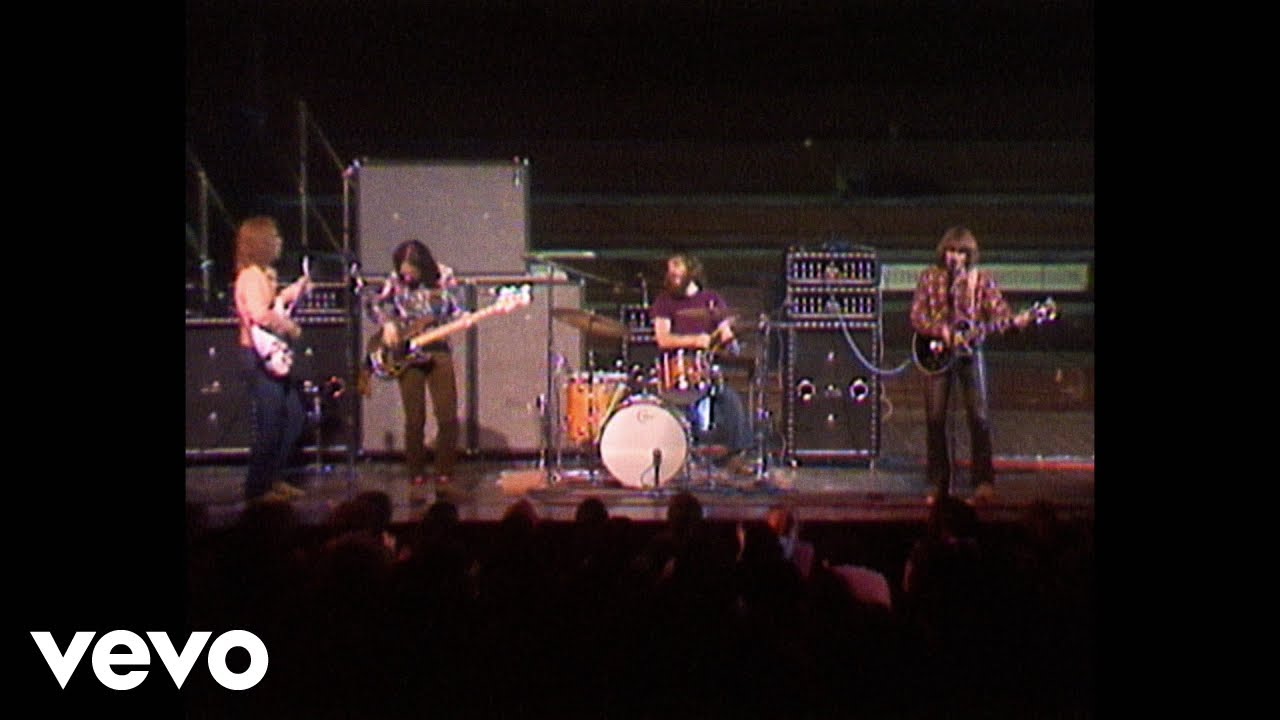Creedence Clearwater Revival – Proud Mary
“Proud Mary” Single by Creedence Clearwater Revival from the album Bayou Country
B-side “Born on the Bayou”
Released January 9, 1969
Recorded 1968
Label Fantasy
Songwriter John Fogerty
Producer John Fogerty
Charted No.2 in US, No.8 in UK, No.1 in Yugoslavia, No.1 in Austria, No.2 in Canada, No.4 in West Germany
In the beginning, “Proud Mary” had nothing to do with a riverboat. Instead, John Fogerty envisioned it as the story of a woman who works as a maid for rich people. “She gets off the bus every morning and goes to work and holds their lives together,” he explained. “Then she has to go home.”
It was Stu Cook who first introduced the riverboat aspect of the song. The idea came to him as the group watched the television show Maverick and Stu made the statement, “Hey riverboat, blow your bell.” John agreed that the boat seemed to have something to do with the song that had been brewing in his mind for quite some time, waiting to take conscious shape. When he wrote the music, he made the first few chords evoke a riverboat paddlewheel going around. Thus, “Proud Mary” went from being a cleanup lady to a boat.
Fogerty wrote the lyrics based on three song title ideas: “Proud Mary,” “Riverboat,” and “Rolling On A River.” He carried around a notebook with titles that he thought would make good songs, and “Proud Mary” was at the top of the list.
It was released as a single in January 1969 by Fantasy Records and on the band’s second studio album, Bayou Country. The song became a major hit in the United States, peaking at No. 2 on the Billboard Hot 100 in March 1969, the first of five singles to peak at No. 2 for the group.
This was the first of five singles by Creedence that went to #2 on the US chart; they have the most #2 songs without ever having a #1.
Despite popular belief, John Fogerty was not writing from experience when he wrote this. Thanks to his military commitment, he hadn’t ventured further east than Montana. After the song was recorded, he took a trip to Memphis so he could finally see the Mississippi River.
































![Eagles – The Best of My Love (Live 1977) (Official Video) [4K]](https://musicvideosclub.com/wp-content/uploads/2025/03/eagles-the-best-of-my-love-live-236x133.jpg)

